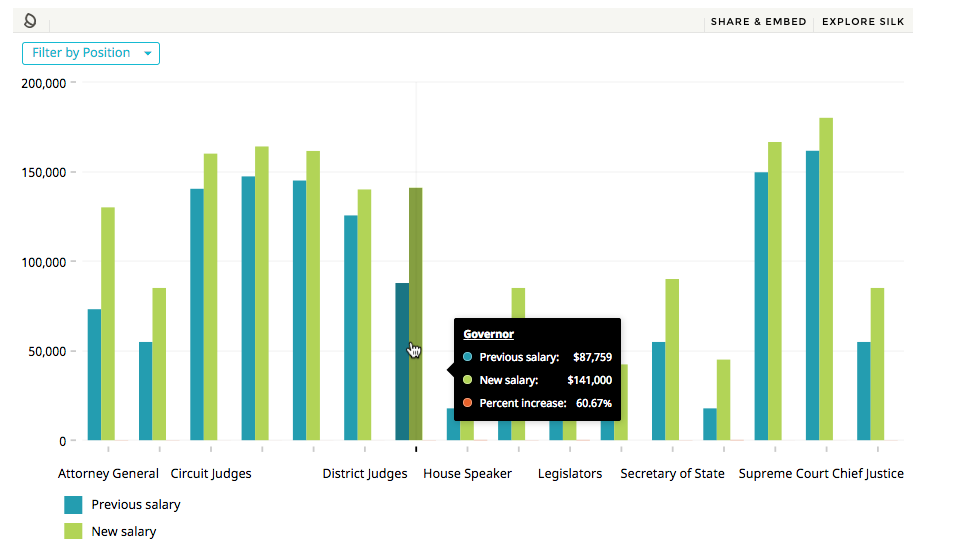Walker County to mull local tax on power
Friday, January 1, 1904
Georgia carpetmakers and other manufacturers are due to get a tax break after the Legislature voted to do away with the sales tax that factories pay on electricity.
Manufacturers' tax on electricity will be phased out by 25 percent a year until it's completely gone by 2016.
Counties can phase in an excise tax of up to 2 percent, but must decide whether to do so by Sept. 1.
Cities and counties have a stake in the electricity sales tax phaseout because they rely on sales tax revenue from such sources as the local option sales tax, or LOST, which funds general operations, and the special purpose local option sales tax, or SPLOST, which pays for special projects.
Under House Bill 386, the Legislature gave counties the option of levying a new, energy excise tax to make up for the revenue local governments will lose when manufacturers stop paying sales tax on electricity.
Walker County Sole Commissioner Bebe Heiskell has called a meeting at 6 p.m. Monday at her LaFayette office to discuss the matter with officials from the county's five cities: LaFayette, Chickamauga, Rossville, Lookout Mountain and Fort Oglethorpe, a sliver of which is inside Walker County.
The tax can be levied by county ordinance. If a city declines to participate, the tax will be collected countywide -- but the city gets no proceeds, according to the Association of County Commissioners of Georgia.
Contacted Tuesday, Rossville Mayor Teddy Harris, Lookout Mountain Mayor Bill Glascock and Chickamauga City Manager John Culpepper said they hadn't known about the energy excise tax until getting notification from the county and still were reviewing the legislation.
If the county chooses to levy the energy excise tax after meeting with city officials, Walker County Attorney Don Oliver said manufacturers would still get a 4 percent sales tax break on their electricity bills because they won't have to pay the state's share of sales tax, which is 4 percent.
"The businesses will pay a whole lot less than they're paying now," Oliver said.
Walker County is figuring out how much revenue is generated by the sales tax on electricity in time for the meeting Monday, he said.
County and city officials need to decide whether the benefit of a new energy excise tax would outweigh its potential to discourage businesses from locating in Walker County.
"That's really the question," Oliver said. "If some counties do [enact the tax] and some counties don't, that's the point when you have to decide whether it's going to be a disadvantage as you try to recruit business into the area."
Walker County Economic Development Director Larry Brooks likes the idea of being able to tell manufacturers they won't have to pay sales taxes on electricity.
"I do see it as a good tool to recruit development and would love to be able to utilize it," Brooks said.
Georgia must compete with Tennessee and Alabama, both of which have been able to offer better business incentives than Georgia, he said.
"Businesses are looking at any advantage," he said.


